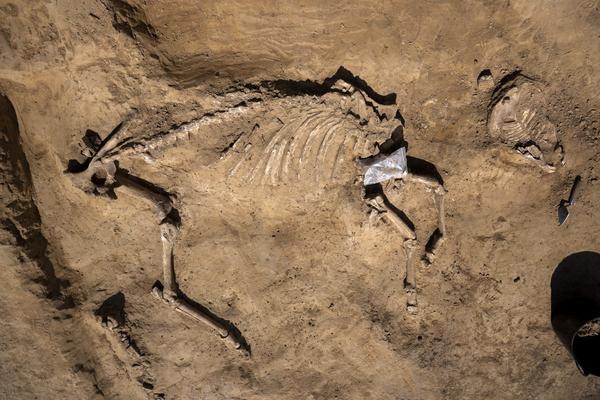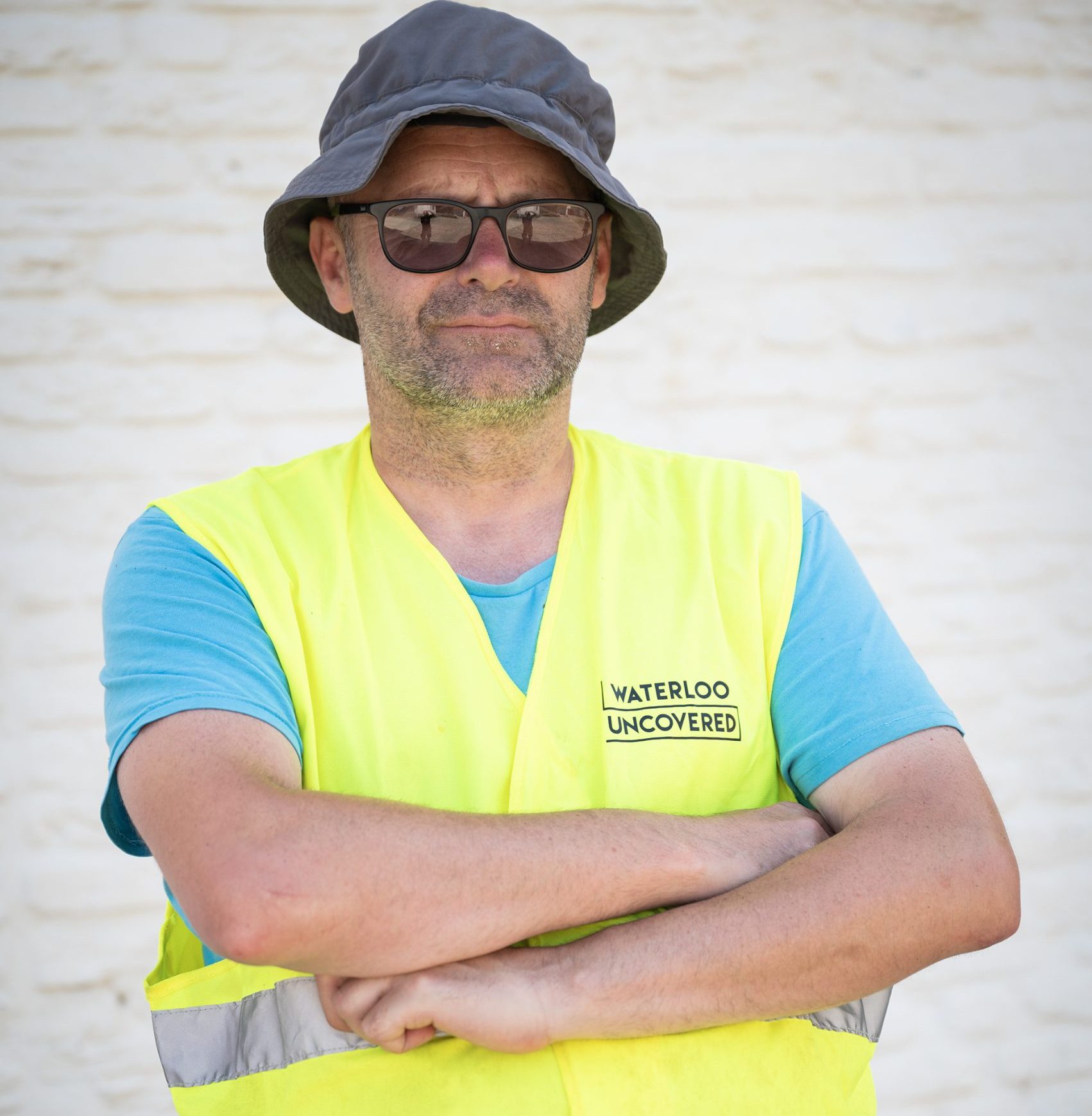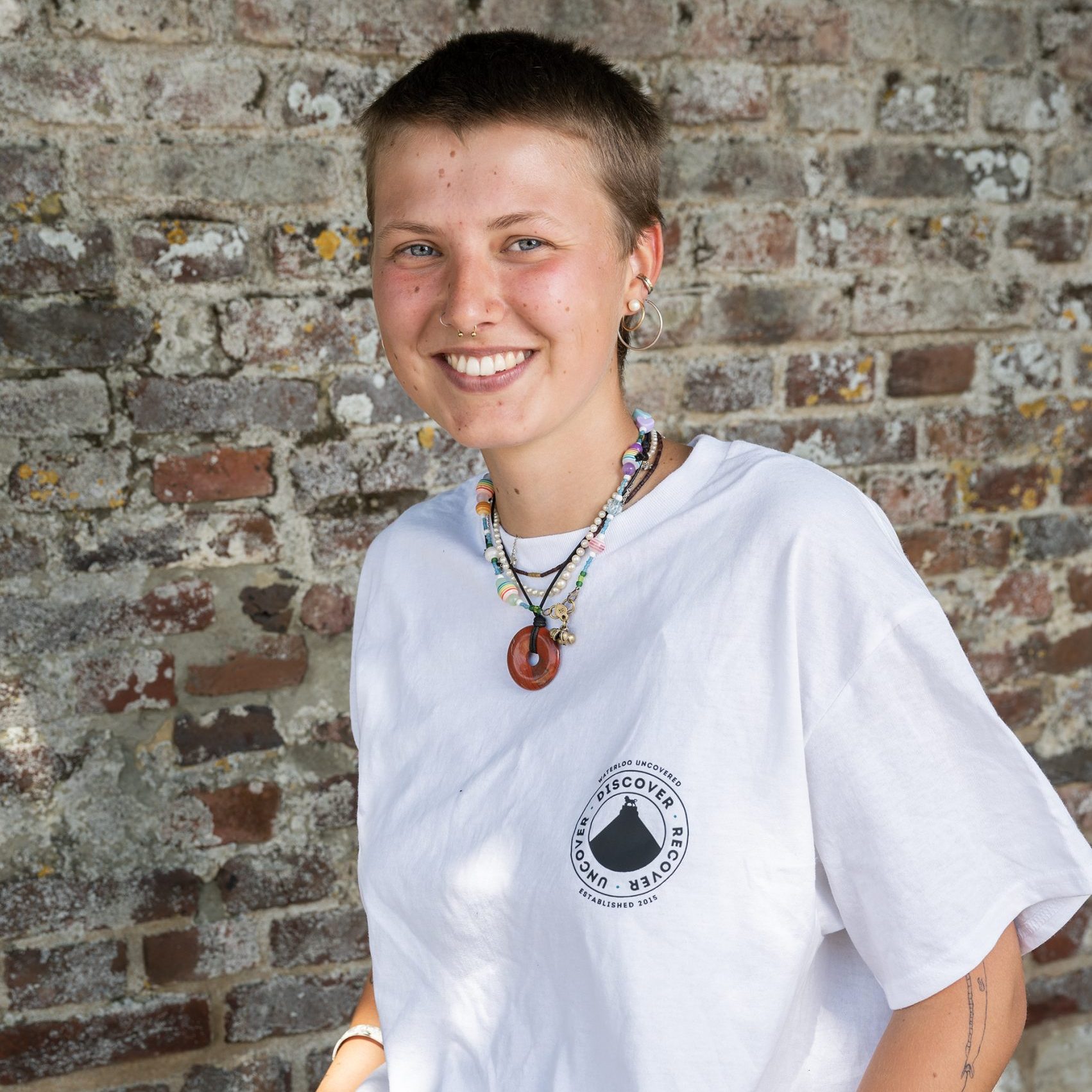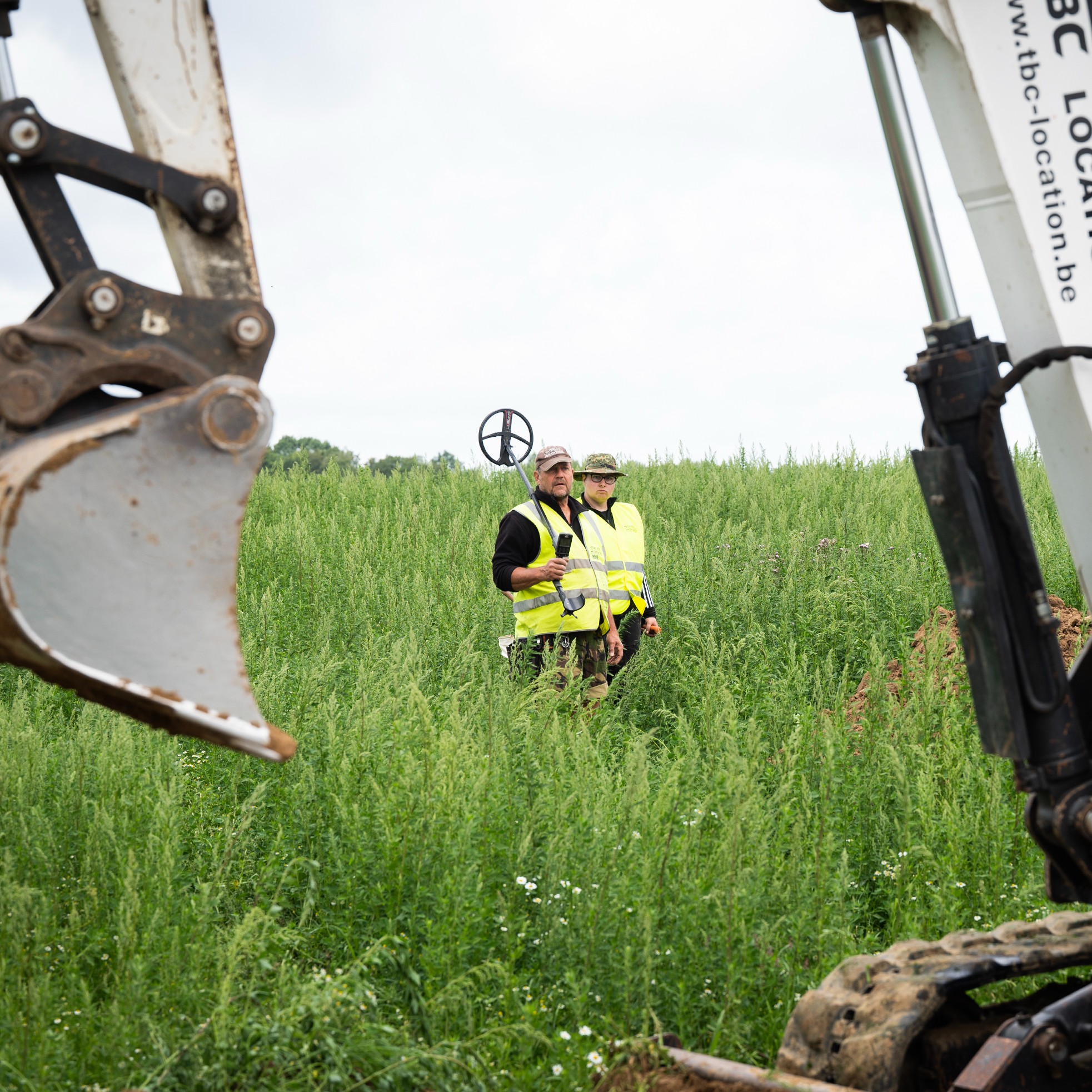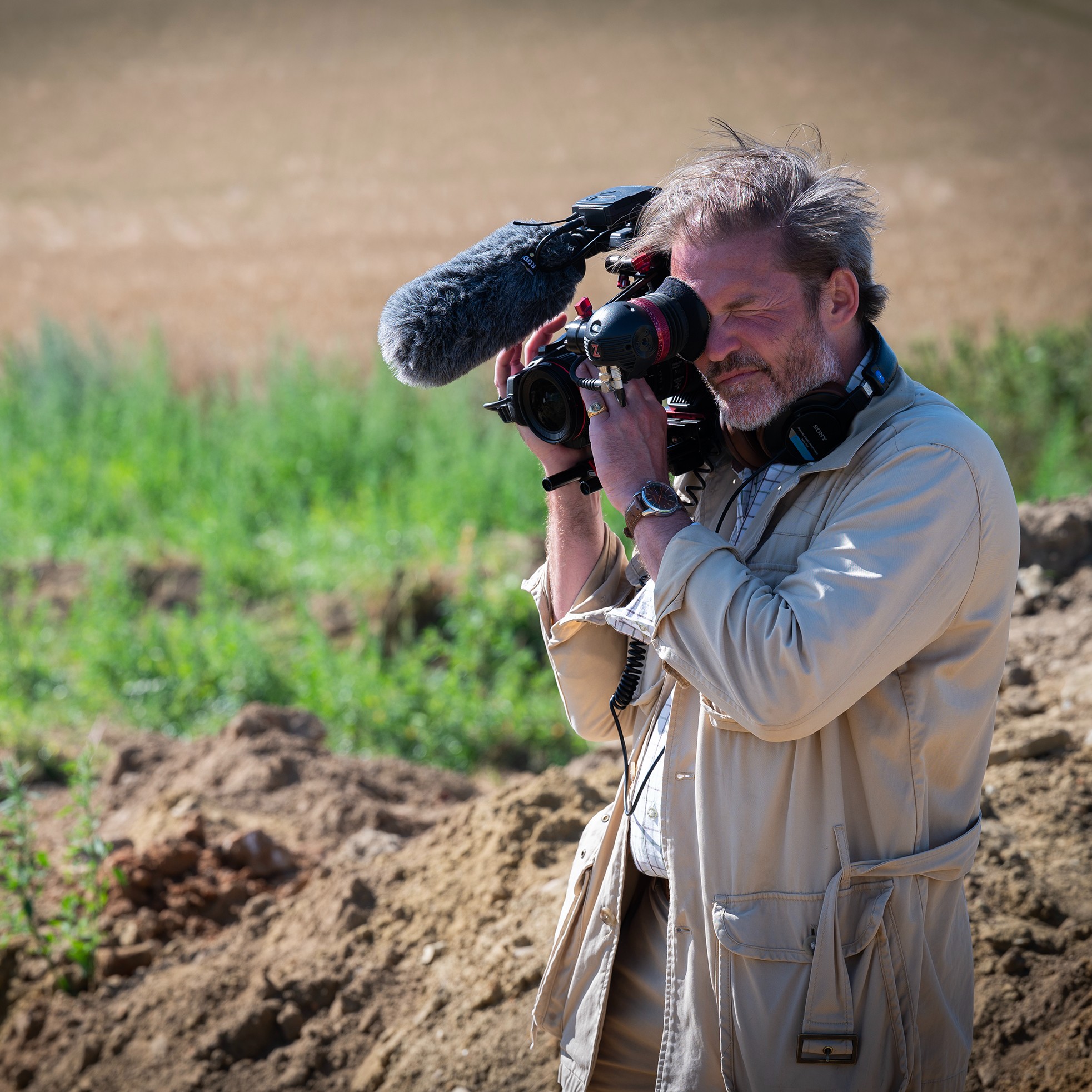Welcome to the latest edition of Waterloo Uncovered’s Dig Diary
By Hattie Ford
In the first edition of 2021:
• Find out how one of our veteran participants has been helping in the fight against COVID as a tester;
• Waterloo Uncovered inspires an archaeology degree;
• Meet a participant of our Virtual Support Programme which kept veterans going through lockdown;
• Find out all about our exciting virtual fundraiser.
Confronting the Past – and COVID-19
Jo served as a medical support officer in the Royal Army Medical Corps from 2006-2011, then served in Queen Alexandra’s Royal Army Nursing Corps until 2020. She participated in the 2018 dig in Belgium whilst on recovery duty for a chronic medical condition, and enjoyed the experience so much she returned for our 2020 Virtual Programme after leaving the military.

Jo joined the army in 2006, serving in Iraq not long after her training was completed, and the experience had a profound effect on her. “My tour in Iraq had a massive impact on me because not only was I really a very junior officer, so I in truth didn’t really know what I was doing, but there were some casualty incidents that were quite difficult to manage. At the time I kind of got on with it, and then as time went on after the tour they sort of set in my mind as slightly darker memories and it transpired further down the line that a couple of those incidents became quite life changing for me, with respect to how they impacted me emotionally.”
In 2018, Jo discovered Waterloo Uncovered and decided to give archaeology, something she had never tried before, a go. Sharing the experience with other veterans and hearing their stories ended up having a significant impact on her, and compelled her to begin dealing with her struggles head on.
“So the impact that these incidents had on me was that I had quite a deep rooted, undiagnosed, Post-Traumatic Stress Disorder. It wasn’t until I actually spent some time with Waterloo Uncovered in 2018 that I realised that a lot of what I’d been experiencing and the way I coped with certain situations was actually PTSD sitting under the surface. Having spent time with Waterloo Uncovered, […] I was able to address that.”
“Waterloo Uncovered taught me strength in myself, strength in numbers, just being really honest with myself,” she says, “After I came home from the dig in 2018, it was the first time I properly sat down with my husband, properly sat down with myself and said “right, you’ve got to do something about this Jo”. It opened up that door for me, definitely.”
In 2020, Waterloo Uncovered was forced to cancel our annual excavation in Belgium due to COVID-19. In its place, we held a Virtual Programme of lectures, seminars, group activities and support from our welfare team to support veterans through lockdown. Jo, who had recently retired from the military, was keen to take part.
“COVID hit in March. I had just left the military on medical retirement, so I left service on the 31st of January and lockdown started in March, and at that point I was in a flat spin of “oh my god, I’ve just left the service, why am I not dealing with this” and I didn’t cope with leaving very well at all. I thought I would cope with leaving really brilliantly because I’d had loads of time to prepare, because I was a medical discharge. I thought the time will come, and I’ll be a civvy, and I’ll transition into something else (I don’t know what) and it’ll all be fine! Turns out that’s absolutely not the case.”

Although Jo felt that lockdown gave her the break she needed to deal with the difficult process of transitioning to civilian life, and time to focus on recovery, it was still far from ideal. Waterloo Uncovered launched our Virtual Support Programme at a time when the “novelty of lockdown” had worn off for Jo, when she needed “something to focus on that wasn’t that we were in Lockdown, and wasn’t the fact that I was looking after my children at home 24/7”. For Jo, it was a “brilliant distraction tool and something completely off the normal radar of normal everyday life.” Many of the videos she watched with her children – who loved Phil Harding!
Jo is now working as a registered nurse and has put her skills to work to help combat the pandemic like many serving personnel and veterans across the country. For the last few months, she has been working as a COVID tester: “I’ve spent some of my last couple of months working for private companies, COVID testing on site in office buildings, and for business owners who want to test their staff to keep them safe in the work place, and at the moment I’m doing a lot of testing on site in schools to test teachers, secondary school key worker children and vulnerable children that are currently still attending school despite the lockdown.”
“The team at WU seem gifted with the ability to instill confidence for open dialogue about emotions, wellbeing and physical and mental ill health. I would urge anyone, particularly those living with a seemingly ‘invisible’ mental and/or physical illness to consider applying to go on a dig.”
Jo Clark
From Waterloo Uncovered to Winchester University
Alastair Eager was a Royal Marine for fifteen years, serving in Northern Ireland, Iraq and Afghanistan, and found himself feeling “stressed and miserable” when he left the service. After he left the Royal Marines, Alastair began looking for projects to occupy his time. His lifelong interest in history led him to Waterloo Uncovered, where he was able to try out archaeology for the first time.
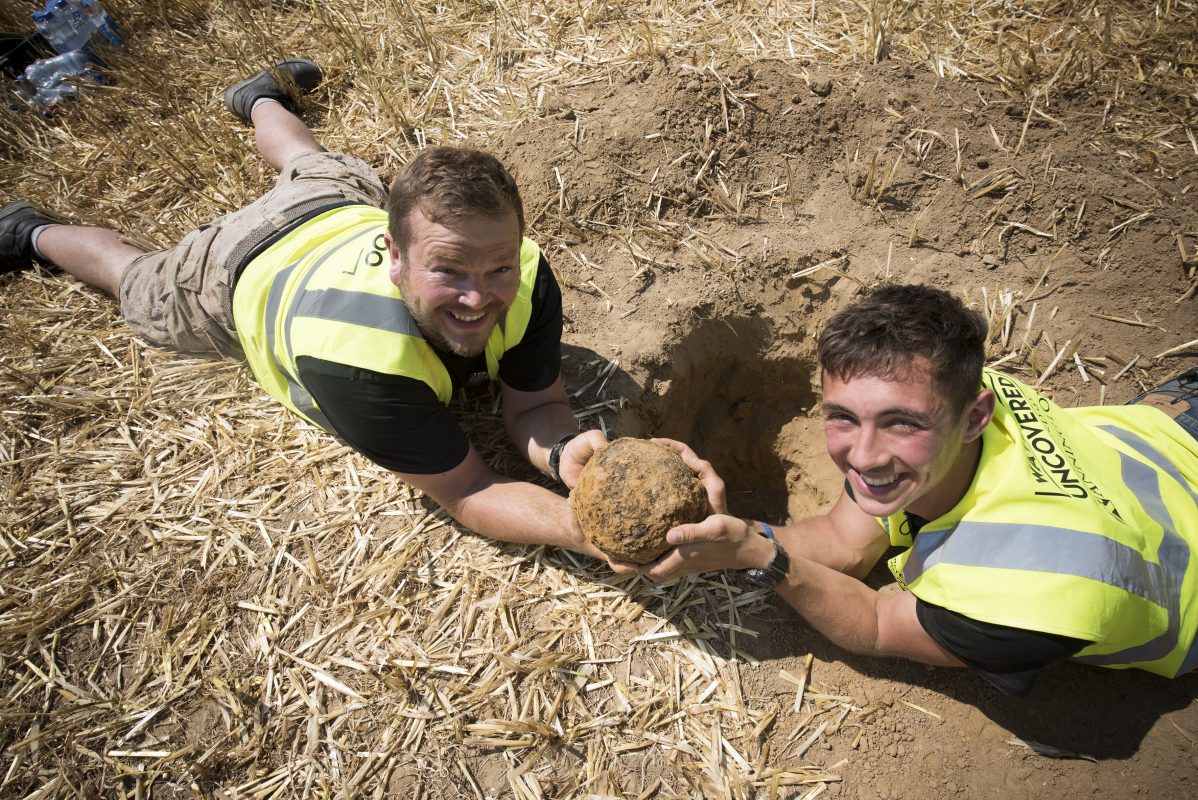
“My experience of Archaeology before I joined the dig was limited to Time Team on TV. I’d never held a trowel in my life. In those two weeks we were taught the basics – placing a trench, measuring it out, how to dig down in sections, how to excavate carefully – not just go at it like a lunatic! Starting with a clean sheet, it was really enjoyable.”
During our 2019 excavation, he worked at Mont-Saint-Jean, in the orchard and on the reverse slope where we discovered hundreds of finds. “We found so much – from small cannon balls to large howitzer shells, numerous musket balls, coins and buttons,” Alastair recalled, “There’s still so much out there to be found. It’s incredible, it’s exciting. These aren’t just rusty bits of metal. They identify peoples’ stories; they’re part of peoples’ lives. The enjoyable part is rediscovering and retelling those stories.” One of the most exciting finds of the 2019 season was an enormous howitzer shell, discovered by Alastair and serving Coldstream Guardsman Oliver Horncastle on the reverse slope near Mont-Saint-Jean, almost one metre underground!

Later in the excavation he moved to Frischermont, and got stuck into clearing away the rubble to reveal the chateau’s role in the battle. The appeal of archaeology for Alastair is the “tangible connection with the past, the musket balls that have been buried and haven’t been touched for 200 years.” But to Alastair, it wasn’t just the military finds that were important: “to me it’s the personal objects, a spoon or a necklace, that would be the most meaningful.”
Waterloo Uncovered had a profound effect on Alastair: “For me the most important part of the dig is that it’s helped me transition into civilian life and realise the opportunities that lie ahead.” But the dig also helped Alastair formalise his plans for the future. Now he’d had a taste of archaeology, he knew that he wanted to continue building on the knowledge and experience the excavation had given him.
“The real memorable moment for me was when I found that first musket ball. I held it in my hand, knowing that that last time somebody had touched this was when they put it down the barrel in the heat of the moment in battle, and then it had lain in the ground untouched for over 200 years. That real tangible link with history, being able to touch something that the past has touched-that was the real “lightbulb moment” for me. That’s when I knew that’s what I wanted to do, that’s what I wanted my next career to be.”
In January of 2020, Alastair began looking at archaeology degrees at universities around the UK and attending open days. Winchester University’s archaeology programme caught his eye, and he start an Archaeology degree there in September. Coronavirus has complicated the process, but Alastair has adapted to the situation well: “It’s been challenging going to university with the numerous lockdowns, but university’s been brilliant. A lot of teaching’s been going on online, and it’s been going well.”
Alastair feels that without Waterloo Uncovered he “wouldn’t be at university now”, and encourages others to support our work and help other veterans find their path:
“Supporting WU really does make a difference. It allows people of different backgrounds – veterans, students, civilians – to take time for themselves to find a new passion, new hobby, new career; to focus on themselves and their wellbeing and come out the other end of the programme a much better person,” Alastair says, “Waterloo Uncovered changed my life. Taking part in the programme really benefited not just my wellbeing but that of my family – they enjoyed me being a happier person. Having that direction, knowing what I wanted to do with the rest of my life, was a real game changer.”
Despite the complications COVID has caused, Alastair is enjoying his course and is confident about his future in archaeology, where we’re sure he’ll excel! “I would not have believed it possible that I would be studying archaeology as a university undergraduate. Now I’m looking forward to a future career in archaeology. Knowing that’s what I want to do with the rest of my life, I can’t wait!”
“Waterloo Uncovered taught me so much – about myself and about what career I wanted. It showed me the way ahead. It showed me a passion I enjoyed and wanted to develop. It inspired me to learn more and to take the next step, it improved my happiness, my ambition, my zest for life – it changed me for the better in so many ways.”
Alastair Eager
Veterans Go Virtual In Lockdown
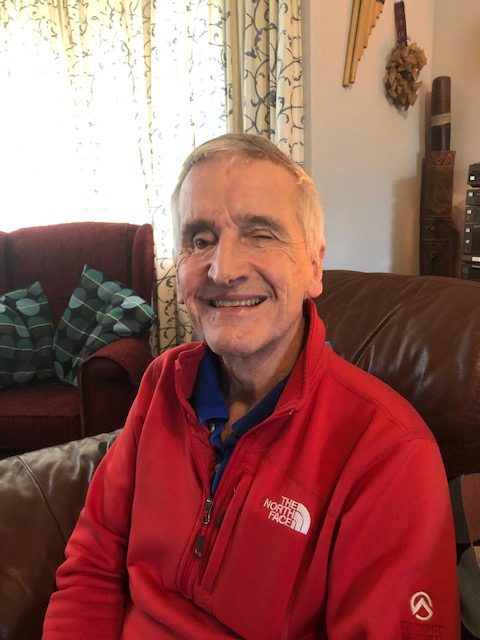
Last year, we unfortunately had to cancel our excavation in Belgium for the first time since Waterloo Uncovered began, due to Coronavirus. Instead, we ran a virtual programme of lectures, seminars, group activities and support for the veterans and serving personnel who were supposed to join us in Belgium in summer 2019. Our virtual programme provided a lifeline for many who were struggling during lockdown, and gave many veterans some much needed routine, structure, social contact and entertainment at a difficult time.
One of the participants of our 2020 Virtual Programme, Jamie Cuthbertson, shares his story and tells us how Waterloo Uncovered impacted him during Lockdown:
Jamie was brought up in Glasgow, and studied Mechanical Engineering at Glasgow University before joining the Army in 1982. In 1986, he was blinded and lost his hearing in one ear in an explosives accident, whilst serving as a Captain in the Royal Engineers. While recovering in hospital, Jamie was approached by St Dunstan’s (now Blind Veterans UK) and offered a place on a rehabilitation course, which he describes as “the best thing that ever happened to him.”
Prior to his accident, Jamie felt as though he was on a “predetermined ladder” in terms of his career, where he would progress upward through the ranks as long as he kept his nose clean. The accident and the loss of his sight “blew him off the ladder entirely”, and left him needing to “create a new ladder with new steps” to rebuild his life and find a new path. To give himself a way of maintaining his physical fitness after he was discharged, and to inspire himself and others, Jamie has taken part in a number of what he describes as “adventures” over the years, including parachuting and completing marathons in the desert and the North Pole. Jamie’s adventures gave him a sense of pride and achievement, and allowed him to show the general public that blind people were not “passive” as is often assumed, but are equally capable. Jamie considers Waterloo Uncovered to be the latest in his series of adventures.
For Jamie, his discovery of Waterloo Uncovered was a “piece of good luck”, coming shortly after his retirement when he was faced with an overwhelming amount of free time to fill for the first time in years. While Jamie intended to take part in our excavation in Belgium in July 2020, this was unfortunately cancelled due to Coronavirus. Instead, Jamie took part in our Virtual Programme, and found that it was exactly what he needed to occupy himself in lockdown.

He felt that the programme gave him something to look forward to each week during a difficult time, and provided him with some much needed routine and variety: “I was really looking forward to getting out to Belgium, getting my hands dirty, getting down into a trench and hopefully finding something exciting. And then when the lockdown came along and COVID and all that goes with it, it was very disappointing that the tour to Belgium wasn’t going to happen. But I think WU were very quick to dive in and come up with an alternative programme – the Virtual Programme. And to be honest, it was perfectly timed. The 12 weeks of the lockdown coincided perfectly with the Virtual Programme, giving us something meaty to get our teeth in to.”
As well as keeping him entertained, the programme also allowed Jamie to build on his existing interest in history and Waterloo throughout the summer. “The Virtual Programme had lot of background research, a lot of good videos and lots of resources to use to broaden my knowledge of the battle, so that in itself was great,” Jamie says, “The additional info about archaeology in the more general sense and how you can use tools to research was also fantastic. One bit that I hadn’t really anticipated being part of the course at all was the link to art, which is an aspect I found really interesting.”
While Jamie’s adventures have slowed down since his retirement, he still has plenty of plans, including ski mountaineering, sailing and wing walking. He would also like to visit the site of the Battle of Waterloo when he has the opportunity. Although he is unable to see the battlefield, he hopes that being on the ground in Belgium and getting the opportunity to walk in the footsteps of soldiers will help him conceptualise the Battle of Waterloo in a way that compliments all that he has learnt over the summer.
“The design of the programme meant that there was something to look forward to every single week during the hardest part of the lockdown, and we met up with people online to have a good chat weekly. It wasn’t just the learning part, it was that we got to meet up with a group of like minded people, that I think for me and quite a lot of the others was something to look forward to.”
Jamie Cuthbertson
Help Us Help Veterans

If you’ve been inspired by our participants’ stories, please consider helping us support more veterans and serving personnel as they find peace from war and transition into civilian life. In 2021, we’re running not one but three Veteran Support Programmes. As a small charity that relies entirely on the generosity and donations of our supporters, we need your help to support veterans through 2021 and beyond.
On the 26th February, we’re holding our virtual fundraising event An Evening Uncovered to raise essential funds to support our work. Hosted by the wonderful Gyles Brandreth and featuring entertainment, a raffle, an auction with Bonhams and meal boxes delivered to your door from Chef of the Year winner Adam Handling, this is a night you won’t want to miss. There’ll be special guest appearances, and we’ll be streaming the epic 1970 film Waterloo starring Christopher Plummer, Rod Steiger and Orson Welles. Tickets are free, and when you purchase raffle tickets, bid at our auction, order a meal box or cocktail, or make a donation, you’re ensuring that we can run this year’s vital support programmes.
Click the button below to register for your free ticket today. You can also purchase raffle tickets, order your Adam Handling meal box, drinks and cocktails, or make a donation, all in one place!

